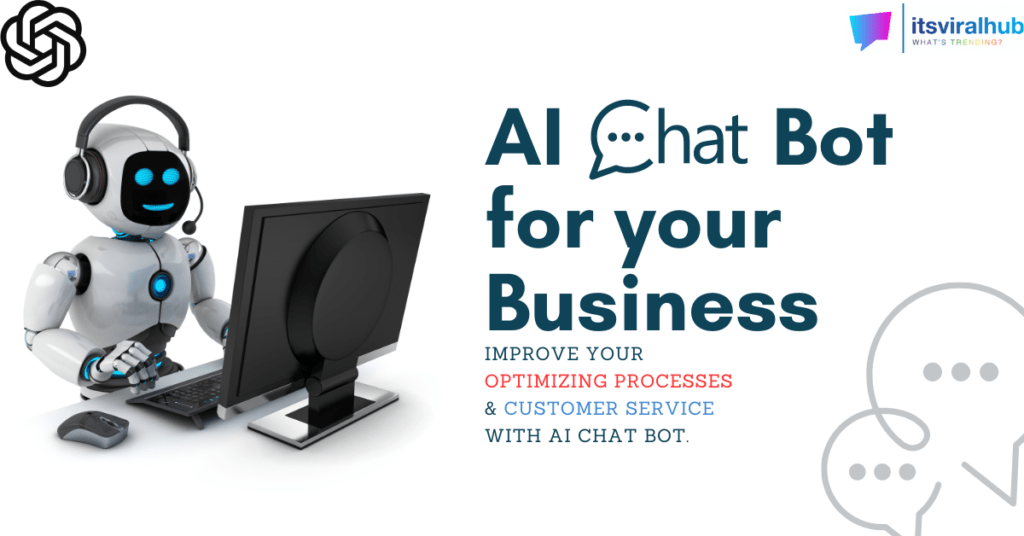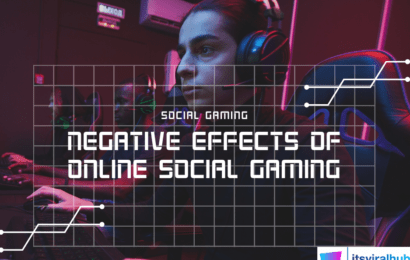- ChatGPT is only a few months old and already causing waves in the business world.
- Experts say ChatGPT and related AI could threaten some jobs, particularly white-collar ones.
- Here we will let you know about the impact of ChatGPT on various Job categories.
Automation and AI are rising in our ever-evolving, technologically driven world. In some professions, machines can outperform humans with speed and accuracy thanks to advances like ChatGPT (Conversational Graph Processing Technology). But which jobs are most likely to be impacted by this shift? Here’s an inside look into some occupations you may want to stay away from if you don’t want your paycheck getting snatched away by AI!
As artificial intelligence continues to evolve, the conversation surrounding its potential effect on the workforce has only gained momentum. A 2013 University of Oxford study initially alleged that up to 47% of US jobs could be wiped out by AI within two decades – a prediction which appears to have missed the mark so far. However, according to Mark Muro from Brookings Institute who’s researched AI’s influence in American employment opportunities, emerging technologies like ChatGPT are bringing new warnings about job losses closer and closer into reality for white-collar professionals alike.
University of Oxford
Introducing ChatGPT – what it is and how it works
How to Use ChatGPT
The steps to use OpenAI’s ChatGPT from your phone are very simple- Go to chat.openai.com, login, accept the terms, and start typing. The AI assistant will work just as it would when you access it from your computer.
Users can still access the chatbot for free but those who pay a monthly subscription for “ChatGPT Plus” will be able to try out the updated version of ChatGPT powered by GPT-4
Also Read: Top 5 upcoming Electric cars in India 2023
ChatGPT is an AI-powered assistant that enables users to have natural conversations with computers. With ChatGPT, you can seek advice, find information and even give voice commands for tasks like shopping or setting reminders. ChatGPT’s natural language processing capabilities mean that it can provide accurate, personalized responses quickly and accurately – a huge plus in productivity! ChatGPT also has the potential to reduce the need for certain roles in the workforce, with its ability to provide help on unique customer questions or routine tasks without human intervention. ChatGPT promises to be a revolutionary tool in conversation automation.
Benefits of using ChatGPT for businesses

ChatGPT is quickly becoming the go-to resource for businesses around the world. With ChatGPT, companies are able to focus on what they do best while ChatGPT takes care of optimizing processes and providing better results. ChatGPT helps free up time and resources, allowing employees to concentrate on more pressing tasks within their job role. ChatGPT drives an increased level of efficiency in complex decision-making and operations, perfect for businesses that find themselves relying more and more on automated processes in order to remain competitive. ChatGPT is also instrumental in streamlining communication between departments – effortlessly linking all teams together with one programmable output. All in all, ChatGPT can have a powerful and profound effect on the day-to-day running of businesses, transforming workflows across the board for greater success now and into the future.
Also Read: Top 6 e-learning platforms in India 2022
Impact of ChatGPT: Types of jobs that are most at risk of being replaced by AI
Chatbots and automation are having an impact on the modern workforce, with jobs in customer service, data entry, supply chain management, and other clerical roles increasingly being replaced by AI. In a few years’ time, many types of hourly shop-floor jobs such as cashiers or shelf-packers are more likely to be replaced by robots. As technology advances so too do the ways in which it can impact the workplace – with artificial intelligence creating impactful disruptions in certain industries – reducing the number of jobs available for human workers. While this presents plenty of challenges for job seekers, employers should also aim to make sure their staff has access to training programs so as to help them stay competitive in our ever-changing job market.
- Tech jobs (Coders, computer programmers, software engineers, data analysts)
- Media jobs (advertising, content creation, technical writing, journalism)
- Legal industry jobs (paralegals, legal assistants)
- Market research analysts
- Teachers
- Finance jobs (Financial analysts, personal financial advisors)
- Traders
- Graphic designers
- Accountants
- Customer service agents
Is chatgpt Really Going to Replace Human Workers in the Future
The chatbot revolution is an ongoing process, with chatbots and artificial intelligence (AI) advancing to new heights. In the face of chatbot technology evolving at such rapid speeds, it’s reasonable to wonder if AI could one day potentially replace human workers. Understandably, this is a fear for many people. While chatbot development continues to skyrocket, it is unlikely that AI would completely displace human labor; after all, modern chatbots still require maintenance and frequent updates from qualified professionals in order to function optimally. So while AI may reduce some job roles or offer more convenience in certain areas, it’s unlikely that humans will be completely replaced by robots any time soon – even if it does seem like a possibility due to chatbot technologies’ escalating impact.
What can be done to protect workers against job losses due to AI?
Artificial Intelligence (AI) is increasingly being used in the workplace, resulting in the automation of some jobs and disruption in the workforce. To protect workers from potential job losses due to AI, there are a number of measures that can be taken to bridge gaps between competing with technology and utilizing it for their benefit. One key step is to promote lifelong learning, which will enable employees to develop their skill sets and stay competitive against rapid technological advancements. Employers should also encourage personal development by providing mentorships or training opportunities. Additionally, creating upskilling pathways and leveraging digital tools such as AI algorithms can help employers match jobs to individuals more efficiently while giving both parties an advantage. Lastly, governments should be proactive in incentivizing research into AI-related job creation, offering more comprehensive support packages for the unemployed, and introducing regulations on labor practices surrounding AI use.
Conclusion
ChatGPT has the potential to drastically change how we work, and it’s important that workers are aware of this technological advancement. From the above article, we can come to know what is the impact of chatgpt and how many human jobs are in danger. Understanding how AI works and learning new skills will be essential for people to remain competitive in a job market that is increasingly reliant on artificial intelligence technology. Companies should also look at ways they can diversify their workforce in order to ensure everyone stays employed and can take advantage of the different kinds of opportunities available. It’s no secret that AI is rapidly progressing, but it doesn’t mean we have to be afraid of it. Instead, we should embrace the new opportunities AI presents and equip ourselves with the skills necessary for success in an ever-changing environment.




интернет-магазин сантехники с доставкой по россии http://internet-magazin-santehniki-esd-1.ru .